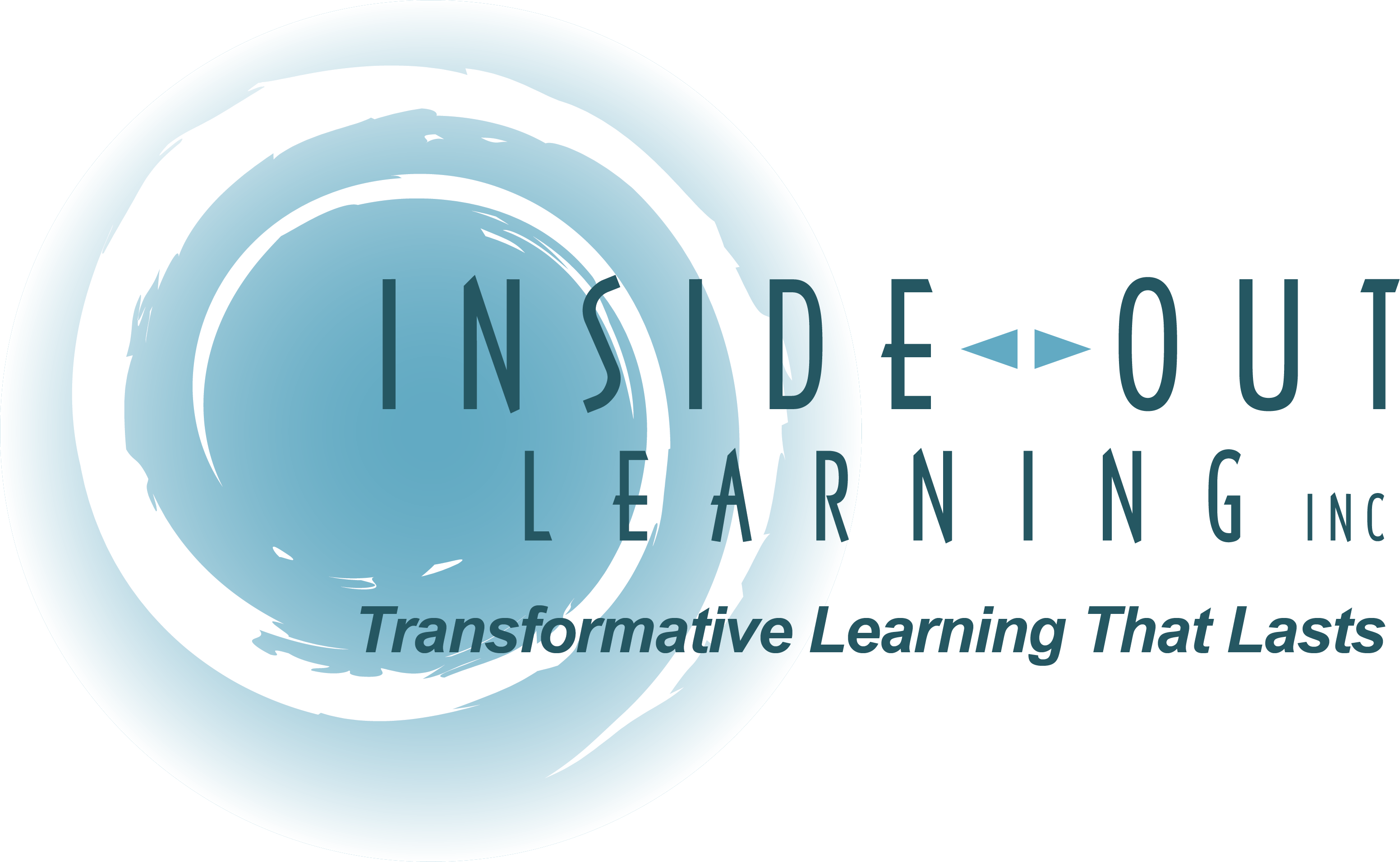The 4 keys to authentic leadership – Entrepreneur
*Forwarded from Feedly*
The 4 keys to authentic leadership – Entrepreneur
5 min read
This article was translated from our
using AI technologies. Errors may exist due to this process.
Opinions expressed by Entrepreneur contributors are their own.
- Self awareness.
- Relational transparency.
- Balanced processing.
- Moral perspective.
According to a Gartner Group survey, authenticity is the most valued attribute of a leader. Authentic leadership is one stripped of masks, false postures, and genuine human closeness. It is, in short, to be totally true to oneself, and to show oneself as such, without fear or concealment.
His approach is showing a certain deficit in the levels of driving where, due to the way of being of people: behaviors, habits; and also due to business cultures, for decades it has been privileged to command over lead, impose over consensus, and distance oneself from people instead of managing with emotional intelligence.
Years ago, Jack Welch, former CEO of General Electric, a company in which he worked for several decades occupying different positions until he became its top leader, raised the concept of authentic leadership with some traits that he himself applied in the company that grew by 4000 % during their management.
The 9 points he pointed out are: character and integrity, competence for the task, ability to think globally, focus on clients, receptive to changes, good communicators, builders of effective teams, focused on meeting objectives, and emitters of energy and encouragement for others.
In current times, four behaviors were detected that are identified as essential to lead people effectively based on the authenticity of being and doing. Regarding the postulated by Welch, the perspective is now deeper with respect to being r, that is, part of the internal development of the person and from there it is projected radially.
The 4 components of authentic leadership today
These are soft skills that, if they do not have them, can be trained and enhanced to better impact through the way to inspire and motivate teams. There are four components that authentic leadership rescues, which, if well balanced in daily relationships, will lead to better results.
1. Self awareness

Image: Depositphotos.com
This ability is acquired from self-knowledge. True leadership is achieved by knowing yourself. It is not feasible to lead others if self leadership does not exist first. Self-awareness is the ability to go within each one, discover the innate or acquired aspects that are helpful for one’s own development and that of others, and be able to recognize those that need improvement. In turn, there is awareness of the impact and influence that emanates from the person to others, and how this impacts and transforms the environment.
2. Relational transparency
Moving forward in the process of authentic leadership, there is an essential foundation that starts from being, and then, through making concrete, daily actions. The way of being, the ways and behaviors, define the transparent relationship with others. Here it is relevant to be a person of integrity and coherence between what is thought, said, done and felt. This concordance increases credibility in relationships with teams. For example, a leader who hides essential aspects of his being, or who weaves confabulations and conspiracies, generates distrust. Instead, one that assertively projects authenticity is transparent and fosters deeper bonds.
3. Balanced processing
To develop this aspect, the balance of emotions and the use of the two hemispheres of the brain contribute: left, more rational, and right, softer.
This leads to improving the expression and exercise of authentic leadership by weighing the different alternatives when making decisions, to stop relying so much on one’s own mental models to incorporate valuable information from others, and to be able to achieve consensus regarding the steps to take.
From the point of view of emotional intelligence, the field of self-regulation is strategic in this perspective of human development applied to authentic leadership.
4. Moral perspective
The willingness to be faithful to the principles of the person who aspires to exercise authentic leadership is also very relevant, since in this way their behavior will be in line with their fundamental values.

Image: Pixabay
The standards regarding good practices when leading allow to reinforce the coherence mentioned above, and to create trust frameworks that build bridges with others. The authentic leader integrates, supports, stimulates, motivates and identifies with positive values that allow co-creating results not only for the company, but also considers employees as a fundamental part of that process.
Along with the collaborative, exponential and conscious leadership, which are other aspects that are emerging strongly at this time, this style shares traits with those, and, among all, they are promoted in the construction of new ways of leading organizations and companies, and project them with more integrity, care and transparency: three pillars of which today’s world lacks, and not only in business.
via leadership “https://ift.tt/2JDWSdM”
December 14, 2020 at 02:09AM
